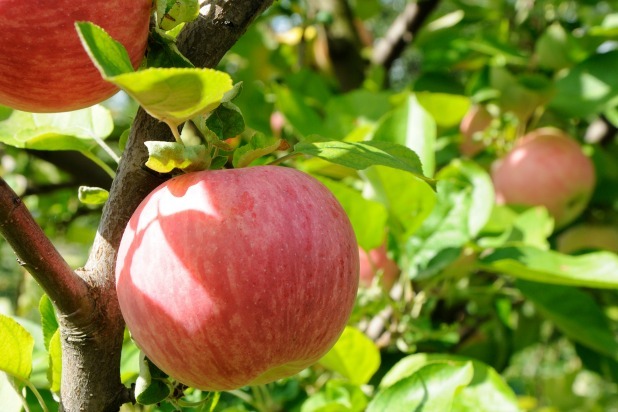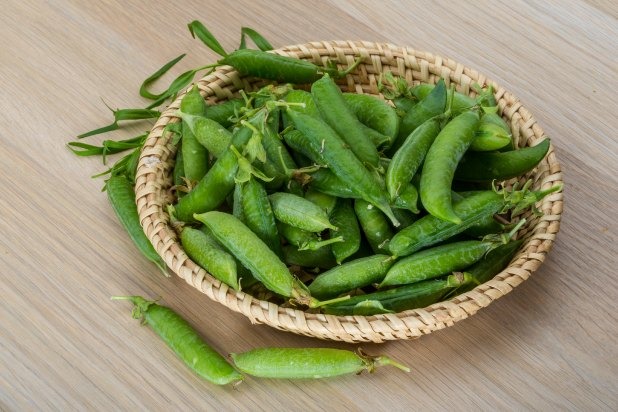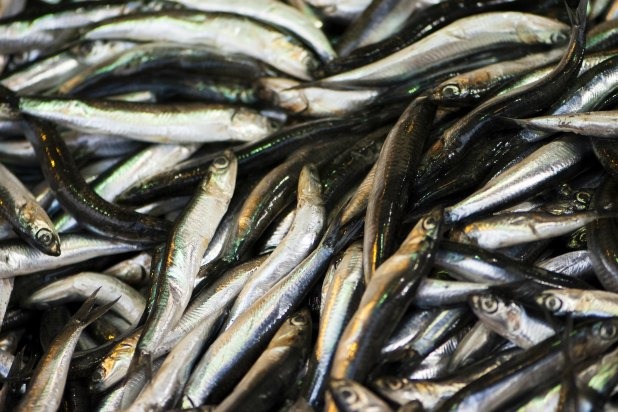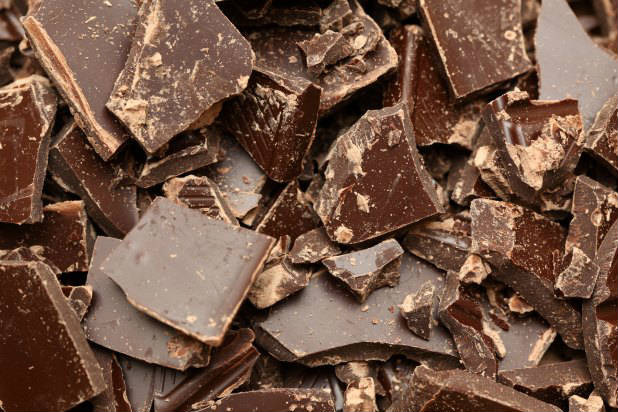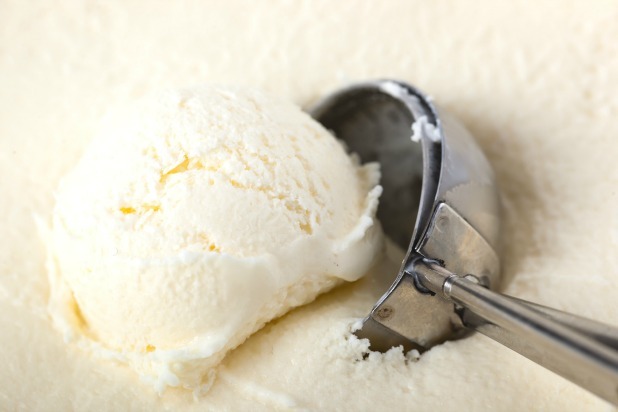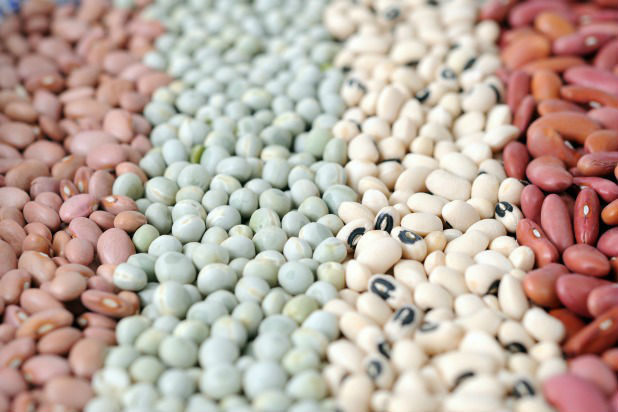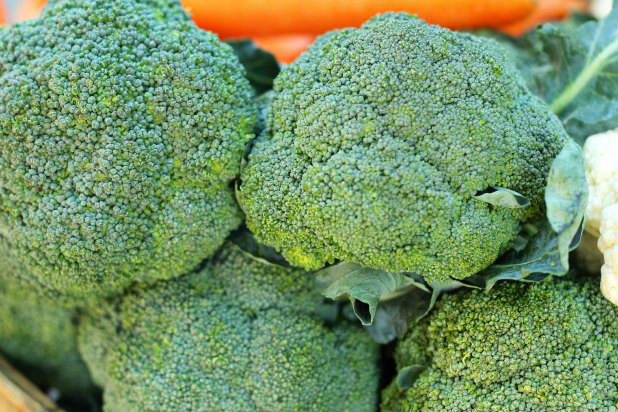8 Eco-Friendliest Foods (Slideshow)
Potatoes are a great choice if you're looking to eat more sustainably; they don't require as much water to grow as other foods and naturally produce compounds that fend off pests and diseases, which means they can be grown with less pesticide.
Apples
Apples also require little water to grow — but they can quickly become unsustainable when it comes to pest control, so make sure you choose organic apples. If you choose local, in-season apples, you'll significantly boost their environment-saving potential.
Peas
If you have access to locally-grown peas, purchase them. Peas can be grown with less synthetic fertilizer than some other foods and produce nitrogen, which promotes soil health.
Sardines
Small fish are lower on the food chain, which means fewer resources are used to raise them. If you're not a fan of sardines, you can consult a sustainable seafood guide for other good choices.
Fair Trade Chocolate
Fair Trade certified products (like chocolate) are produced with not only social equity in mind, but ecological responsibility as well. Plus, you can feel good about the fact that the extra money you'll spend on these products, since it is (presumably) being fairly distributed.
Ice Cream
In general, ice cream is less eco-friendly than other foods because it uses animal-derived ingredients like eggs and milk, but a number of creameries across the country are working to change that. By using local ingredients and churning their ice cream with a bicycle-powered machine, they're able to make ice cream a little more sustainable.
Beans
Swapping some of your animal-based protein for beans can have a positive impact on the environment since fewer inputs are needed to grow beans. As an added bonus, dried beans have a long shelf life, which means less food waste.
Broccoli
Much like potatoes, broccoli requires fewer pesticides to keep bugs away. It produces all-natural compounds that are related to a class of effective industrial pesticides.

